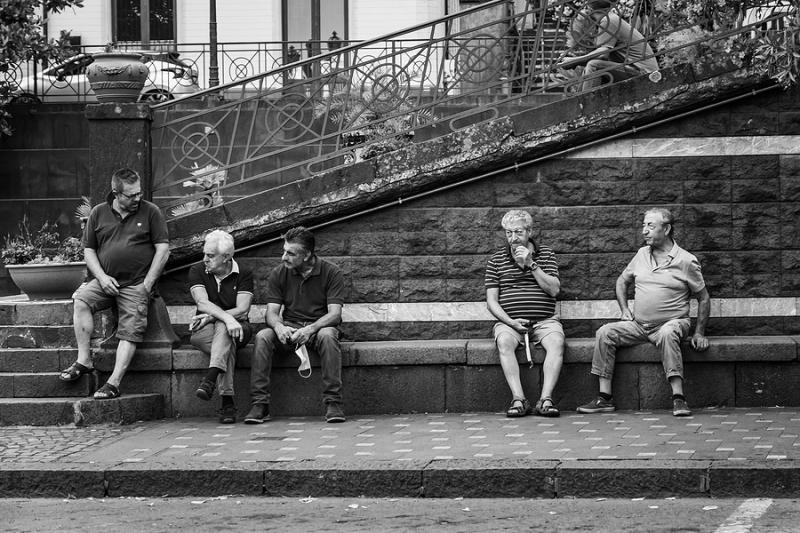There’s something rather wonderful about the notion of a casa del popolo. Admittedly, this might not be immediately obvious at a first glance. Walking past these buildings, which literally translate as being ‘houses of the people,’ you might well get the impression that they’re just run-down bars like so many others. It’s true, they tend to be inconspicuous. The reality is though, that these community centres are far more than just ramshackle pubs. They are veritable institutions that still play an important part in Italian life, as educational vehicles, places for art and culture and as nuclei for neighbourhood activism.
The history of these spaces goes back a long way, to the end of the nineteenth century. In the 1890s the newly formed Italian state – having only been unified thirty years before – was in the midst of a profound economic crisis. While political and business leaders were experiencing a definite improvement in their living conditions, most citizens were still living below the poverty line and were forced to toil for long hours in the fields, as peasants, or as part of an emerging industrial workforce, to make ends meet.

The case del popolo were places for these people to congregate; some of the only social spaces that were owned and managed collectively by regular citizens on their own terms. To begin with, there were only a dozen or so such facilities, most of which were centred around central Italy, in Emilia Romagna and Tuscany in particular. Following the Second World War, however, and the struggle against fascism, they spread right across the country, from Trieste in the north right the way to Palermo in the south. By the 1950s there were over 4000 of these clubs, with a combined membership of over a million.
The case del popolo were convivial places from the offset and they remain so to this day. The cooperatives that manage them have always prided themselves on providing high-quality food and drink - usually organic - at affordable prices. What’s more, they almost always work with local farms to ensure fair remuneration for producers. There are no fads at work here. This is ethical eating at its most authentic. And while many of the buildings are a little run down by now, they are still some of the best places to enjoy traditional delicacies: most local branches organise regular sagre (fetes) dedicated to particular ingredients, usually highly specific pasta dishes, as well as festivals dedicated to regional wines.

Yet there’s more to these spaces than just entertainment. As a matter of principle, the case del popolo always provide free newspapers, reading rooms and libraries; some organise language lessons, theatre productions and sports competitions. They are civic spaces, in which neighbourhoods support themselves, providing mutual aid to those that need it most. Historically, these spaces have helped the homeless and poorest in society. In recent years, for example, particularly since the 2008 financial crisis, they have been serving as food and clothes banks and have been helping refugees and other migrants navigate Italy’s sometimes labyrinthine bureaucracy. In the context of Covid-19 they are one of the very few spaces that are helping mobilise volunteers to provide supplies for those forced to quarantine, or those in high-risk groups that cannot, for whatever reason, leave their homes.

There is a political character to the case del popolo that some might find divisive. Since their inception these spaces have been associated with left wing groups, and socialists in particular. Many of the centres support this approach to politics to this day. Whatever your personal opinions, though, the members are rarely dogmatic about their beliefs. The case del popolo are spaces for debate and discussion, and things do often get lively. The volunteer staff are happy to assist all citizens in registering their vote, independently of party allegiances. The core values here are never purely ideological. This politics is firmly rooted in everyday life, with all the complexity and diversity that implies.

Today the casa del popolo is at something of a crossroads. The membership is still fairly large, and intergenerational. Like so much in Italy, though, there’s a sense, or a fear, that it might all come crashing down within a decade or so. As such, the institution today represents a kind of paradox: it’s both a relic of the past and a necessity for the present. What the future will look like is, as is the case with most things at the moment, rather uncertain. For travellers to Italy, though, these community spaces are well worth checking out, to gain experience of a different, and rather intimate, side of Italian life that most tourists will never see.













